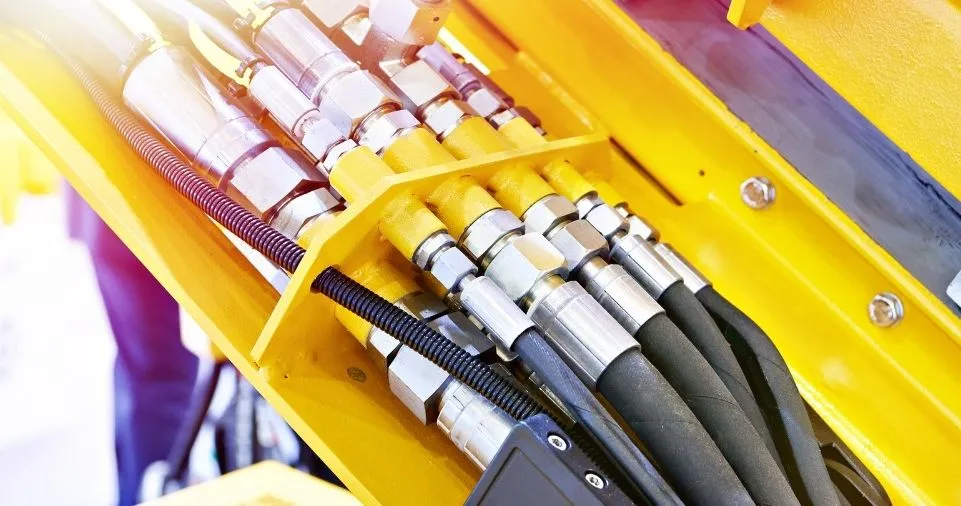Big Data is falling out of favor, but there’s still a place for hardware startups that focus on core competencies and keep costs low. You may have heard that Big Data is a good place to start for hardware startups. The cloud backlash has hit Big Data.
The cloud backlash has hit Big Data
There are several reasons why this is true:
- Hardware startups need to be able to scale up and down quickly, so they can’t waste time on unnecessary features (like security).
- Hardware startups should focus on their core competency by removing unnecessary features like user interfaces, APIs and SDKs; instead they should focus efforts on building out the core product experience itself or improving existing products through iterative updates and enhancements.
Cloud companies are a good place to start for hardware startups.
Cloud companies are a good place to start for hardware startups. Cloud companies have a lot of experience with hardware, and they understand the needs of software developers who are building products around it. They also have expertise in areas like manufacturing and distribution that can help you find partners for your product.
Also Read: Instagram is bringing ads to search results and launching ‘Reminder Ads
Cloud companies will also be able to provide advice on how best to iterate your product through multiple generations until it’s ready for market—a process which often takes years or even decades at this scale!
Hardware startups need to be able to scale up and down quickly.
The cloud backlash is real, and it’s coming from a place of good intentions. The problem with your hardware startup is that you have to be able to scale up and down quickly. If you can’t do that in the service provider’s data center, then what are you going to do? The answer is simple: build your own.
Hardware startups should focus on their core competency by removing unnecessary features.
The hardware startup should focus on its core competency by removing unnecessary features and making it easy for customers to buy and use their product. A good example of this is the smartphone market, which has become more competitive over the past decade or so. In order to compete in this space, companies are forced to simplify their products so that they can be competitively priced without sacrificing quality or functionality.
Also Read: Bing allows users to generate images using ‘very latest DALL-E models’
This means that smartphones with large screens will no longer be as common as they once were because consumers prefer smaller phones with fewer bells & whistles; likewise, tablets have seen their share of market share shrink due to more advanced technology becoming available at lower prices on smart televisions (discussed later).
Hardware startups need to keep costs low and make it easy for customers to buy and use their product.
You’re a hardware startup, and you need to keep costs low and make it easy for customers to buy and use your product. Keep costs low by focusing on your core competency—don’t try to be everything to everyone. Focus on what makes your product unique, don’t try add unnecessary features (like fancy Bluetooth speakers), remove any unnecessary components from the design process, and make sure that you have enough time in development before launching so that any bugs can be fixed without having them show up at launch day!
Also Read: Kakao Mobility picks up ‘super app’ startup Splyt, once backed by SoftBank and Grab
Big Data is falling out of favor, but there’s still a place for hardware startups that focus on core competencies and keep costs low. Big Data is falling out of favor, but there’s still a place for hardware startups that focus on core competencies and keep costs low. The cloud has become the default choice for big data processing—and it’s easy to see why. With cloud services like Amazon Web Services (AWS) and Microsoft Azure, you can easily deploy applications without having to worry about maintaining servers or managing infrastructure yourself.
But this ease of use comes at a cost: You’re relying on someone else’s platform to do all your work for you, which could lead to problems if something goes wrong in their system or if they run out of capacity before your application gets up and running. There are also concerns over security when using public clouds as opposed-to private ones where only certain people have access
Also Read: Aspecta nabs $3.5M to build AI-vetted coder profiles
Conclusion
The cloud backlash has hit Big Data, but there’s still a place for hardware startups focused on core competencies and keeping costs low. Hardware startups need to be able to scale up and down quickly, so they should focus on their core competency by removing unnecessary features. Hardware startups also need to keep costs low by making it easy for customers buy and use their product.







